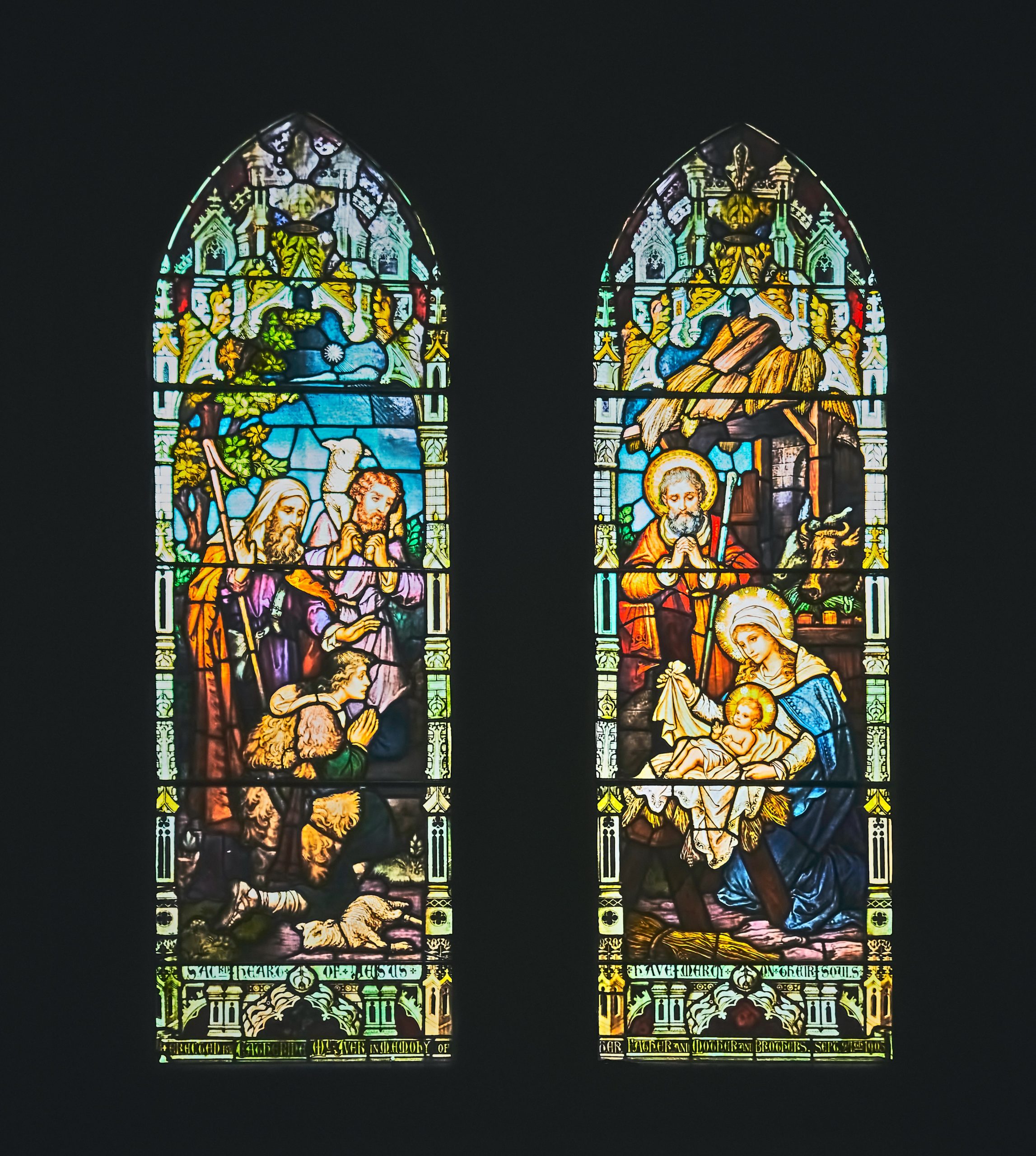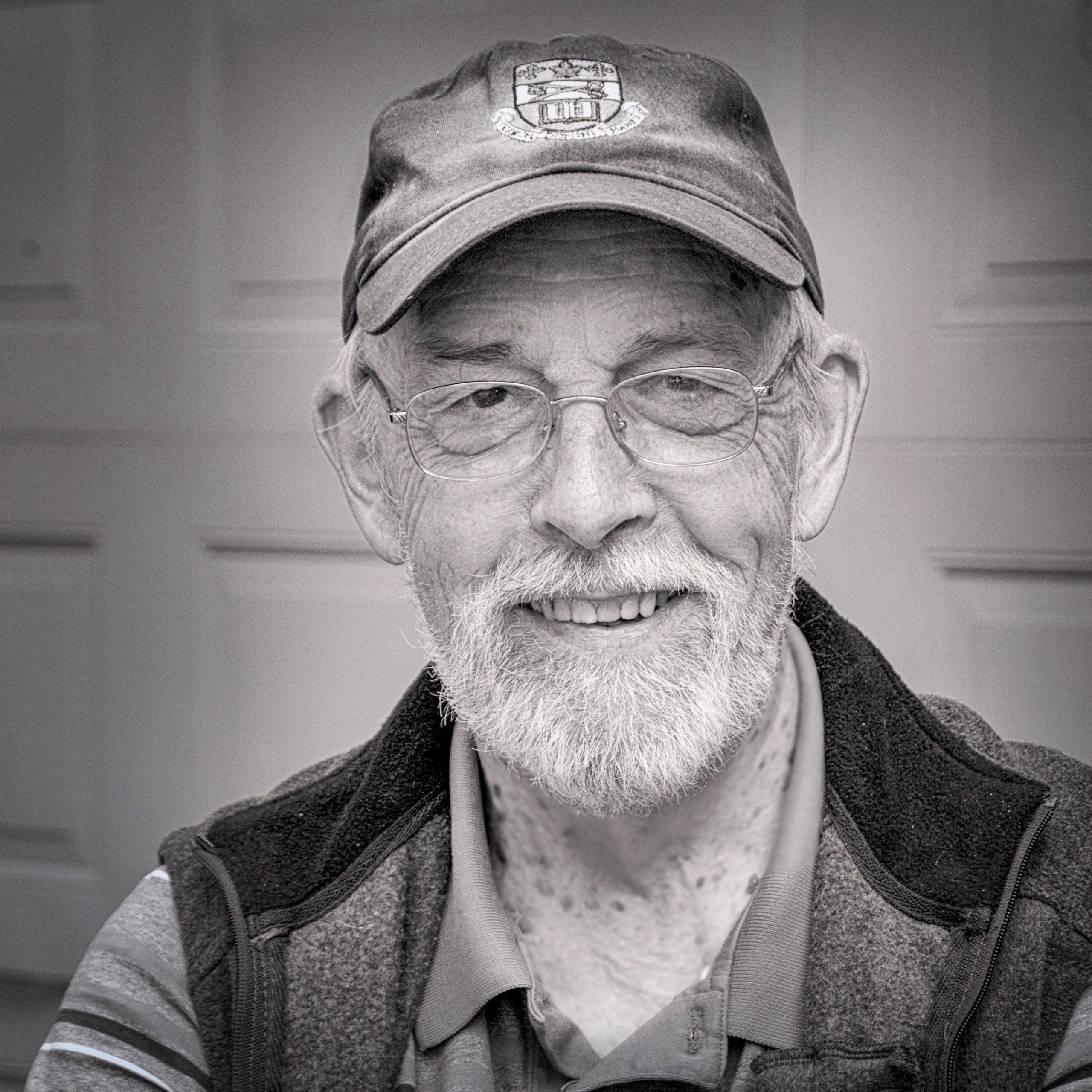The story is told of Bishop Handley Moule of Durham, a New Testament scholar in the early 20th century. He was on a train one day, and found himself sitting opposite a young Salvation Army officer. After she had looked at the bishop for a while, the young officer leaned forward and asked him, “Excuse me, sir, but are you saved?” She wasn’t trying to be rude. For her, it was simply an important question to ask anyone. And I’m equally sure the bishop’s answer wasn’t meant to be patronizing or humiliating. He was merely answering the question like the Greek scholar he was. “Well, it depends whether you mean sesosmai, sodzomai, or sothesomai.”
Almost certainly, she had no idea what he was talking about, but the story doesn’t tell us what was said next. Quite simply, the three words mean “I was saved,” “I am being saved,” and “I will be saved,” in Greek, the original language of the New Testament. So what’s the difference—and does it matter?
“I was saved”
What does this mean? For the past 400 years, there have been two contested answers in the Western church. The evangelical tradition from which the Salvation Army officer came would mean, “Have you made a conscious decision to turn from your self-directed life and become a follower of Jesus?” The other answer is that one is saved and made a member of the family of God through baptism and—in mainline traditions at least—that is normally when one is a baby.
My favourite metaphor for the church—the trade school of Jesus—offers one solution. What if we thought of baptism as the way we register in the school? If an adult comes to Christian faith, they are baptised to indicate their decision to join the school. When a baby of a Christian family is baptised, it means a commitment on behalf of parents and godparents to raise that child as a student of Jesus. That doesn’t resolve the issue completely, of course, but it’s not a bad start.
I believe there’s a better answer than this, however. I heard it first from a speaker who began by saying, “I was saved at three o’clock on a Friday afternoon.” I confess I was already sceptical about an evangelical conversion that could be quite so precisely dated—and timed. But then he added “. . . two thousand years ago.” And a light went on. The foundation of our being saved is not in the first place anything to do with us—it’s to do with the boundless love of God in Christ. What a relief!
But the other two tenses are equally important.
“I am being saved”
Right now, the Holy Spirit is at work in those of us trying to follow Jesus—and our job is to co-operate. I have three analogies for this:
- The Spirit is like a gardener, weeding out the bad stuff, and watering the good stuff.
- Being a Christian is being an apprentice in the trade school of Jesus, and the church is the gathering of the trade school of Jesus. Being saved is working on our assignments.
- S. Lewis says, “The joys of Heaven are for most of us, in our present condition, ‘an acquired taste’.” “Being saved” is the process of acquiring the “taste” of the new world, the fulfilment of the Kingdom that God is preparing, living the way of the future right now in the present.
None of these is necessarily fun—being weeded, tackling difficult assignments, acquiring an unfamiliar taste—but it’s worth it. Which brings us to the future tense.
“I will be saved”
The process of being saved is not yet complete, you may have noticed. Just watch the news. Read the media. A warming planet, hunger, disease, oppression, racism . . . the list goes on. And sadly, the problem is not just “out there.” If we are honest, we know the persistent sins that plague our own lives—and, even if we don’t, those we live with certainly do!
But God is not done with us or our world. The promise of scripture is that in the end good will triumph over evil—or, to be precise, the goodness of God will triumph over evil, the way of Jesus will triumph over ways of death and destruction, and love will reign supreme—in us and in God’s world. Perhaps the most vivid picture we have of this is Revelation 21’s picture of “a new heaven and earth . . . [where] death will be no more; mourning and crying and pain will be no more.”
Let me risk one more analogy. When I was in high school in Wales, we were trained in beach rescue. This is the system whereby the lifesaver swims out, attached by a line to a team on the shore. Once the lifesaver has grabbed the drowning person, the team on the shore hauls in the line till (with skill and a little luck) the hapless swimmer is restored to dry land.
I never got to rescue anyone, though others on my team did. Now, supposing that the swimmer, safe in the strong grip of the rescuer, had the presence of mind—and enough air in their lungs—they could in theory say, or at least splutter, “I have been saved, I am being saved, and I will be saved.” They are secure, no longer in danger of drowning. But in spite of that, their present experience is not exactly comfortable—the process is not yet complete. Only when they are on blessed dry land will they be able to heave a final sigh of relief—they are safe.
That’s the point. We are at present in the middle of a process initiated by God in the past and brought to completion by God in the future. Unlike the swimmer, we have breath to say, “Thank you God, that I am safe in your strong arms.” And we trust, and we follow.


Our Treasures and Us: A Time for Reflection